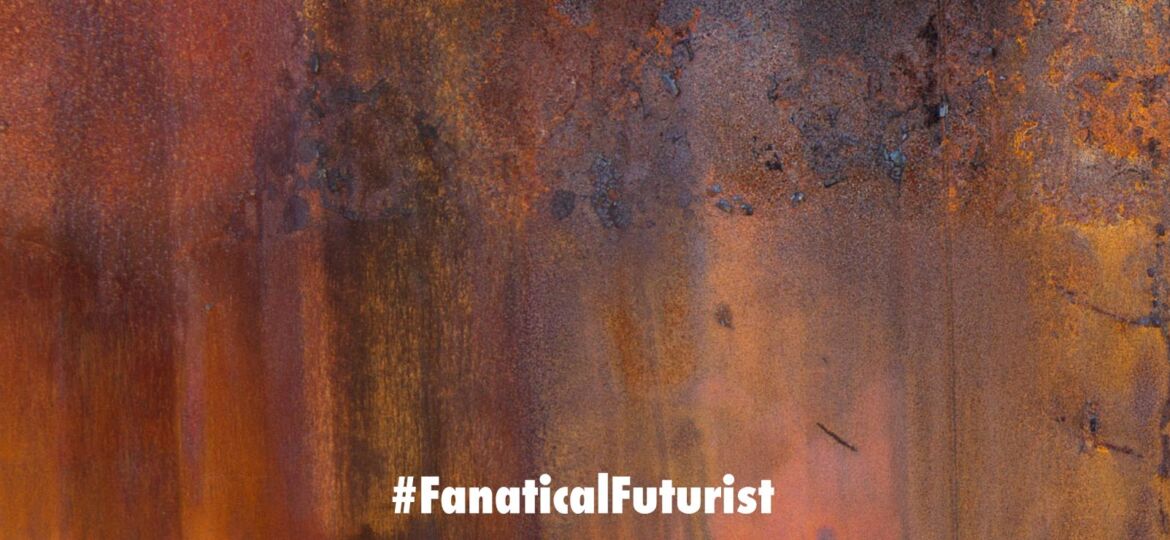
WHY THIS MATTERS IN BRIEF
The world needs alot of energy storage to transition from fossil fuels to renewable energy, and this is a major step forwards.
 Love the Exponential Future? Join our XPotential Community, future proof yourself with courses from XPotential University, read about exponential tech and trends, connect, watch a keynote, or browse my blog.
Love the Exponential Future? Join our XPotential Community, future proof yourself with courses from XPotential University, read about exponential tech and trends, connect, watch a keynote, or browse my blog.
One of the most exciting companies in Grid Scale Energy Storage – if you’re the type to get excited about this kind of thing that is– is Form Energy whose innovative Iron-Air battery technology promises to outperform Lithium-Ion (LiON) “big battery” projects for 10% of the cost. And, as the world demands more and more grid scale energy storage batteries, and hunts for alternatives that include everything ironically from Carbon Dioxide to ice and plastic, Form Energy’s new batteries are such big news that now they’re preparing to start production with their own factory.
Form’s grid-scale batteries are built around huge flat iron-air cells, about a meter (3.3 ft) square, around 50 of which are slotted into modules the size of a washing machine and bathed in a liquid electrolyte.
These cells effectively work using the rust cycle; you charge them up by applying energy to iron oxide, turning it back into metallic iron, then add oxygen to initiate the rust process and release energy. Iron is cheap and abundant, making these modules extremely affordable. They last a long time, they’re safe and they’re recyclable; if you tear down a battery you can take the metal out and use it elsewhere. These factors all combine to make them an exceptionally affordable form of energy storage, with a Levelized Cost of Storage (LCoS) more than 10 times lower than LiONbatteries, even before you take the expected lithium resource squeeze into account.
They won’t charge or discharge as quickly as lithium, of course, so they’ll likely work alongside lithium grid batteries in hybrid configurations, the iron-air batteries dealing with longer, slower load demands while the lithium packs handle momentary spikes. Form says that at scale, they’ll deliver more than 3 MW of output capacity per acre, and they’ll excel where energy needs to be stored for around 100 hours or more.
That’s a key vulnerability in any renewable grid; it’s the kind of storage you need when there’s a terrible storm for several days that drastically cuts solar and wind production. Form’s proposition has certainly made a splash with investors; Bill Gates’s Breakthrough Energy Ventures has been on board for some time, along with Luxembourg steel giant ArcelorMittal and many others. A Series E investment round dragged in an impressive $450 million, bringing the company’s total funding over $800 million.
So it’s time to go commercial. Last month, the company announced it had chosen a site for its first American battery manufacturing plant: a 55-acre facility in the city of Weirton, West Virginia. The $760 million project will employ around 750 people, with construction expected to start later this year and the first iron-air batteries to start rolling out in 2024 “for broad commercialisation.”
Source: Form Energy















